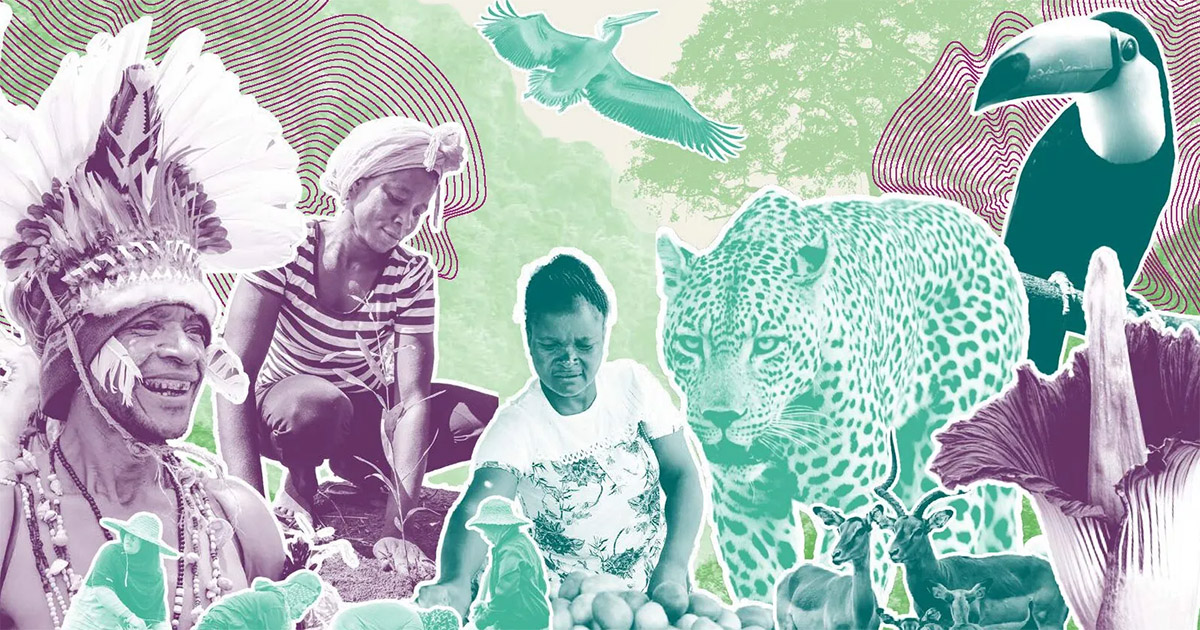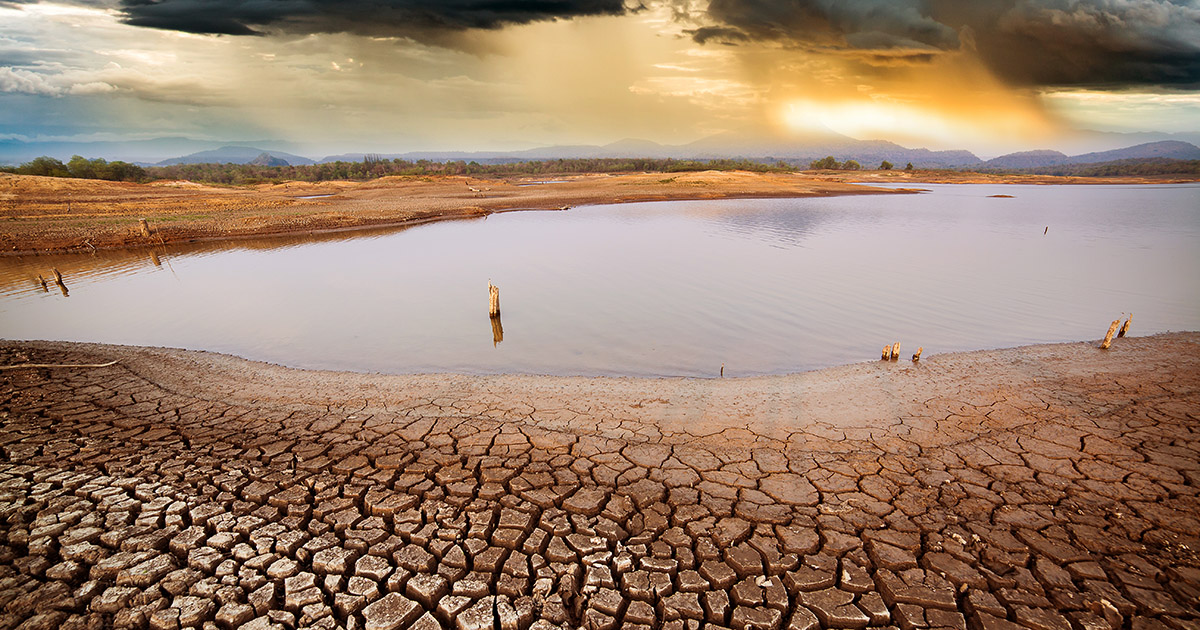This document is not a manual; it is a collection of lessons learned from a number of participatory research tools, used in a logical manner, tested and refined which helped researchers and practitioners from diverse backgrounds to explore the vulnerability of local populations to climate variability and change, while strengthening their capacity building. Many tools used were borrowed from participatory research appraisal (PRA), others were developed, tested and readjusted by CIFOR and SEI researchers with extensive experience in the development of research tools in social science and in the relationship of humans to nature and the environment.
Download:
DOI:
https://doi.org/10.17528/cifor/005463Dimensões Contagem de citações:
Ano de publicação
2015
Autores
Tiani, A.M.; Besa, M.C.; Devisscher, T.; Pavageau, C.; Butterfield, R.; Bharwani, S.; Bele, M.Y.
Idioma
English
Palavras-chave
climate change, vulnerability, social interaction, research support
Geográfico
Cameroon, Central African Republic, Democratic Republic of the Congo, Equatorial Guinea, Gabon



















